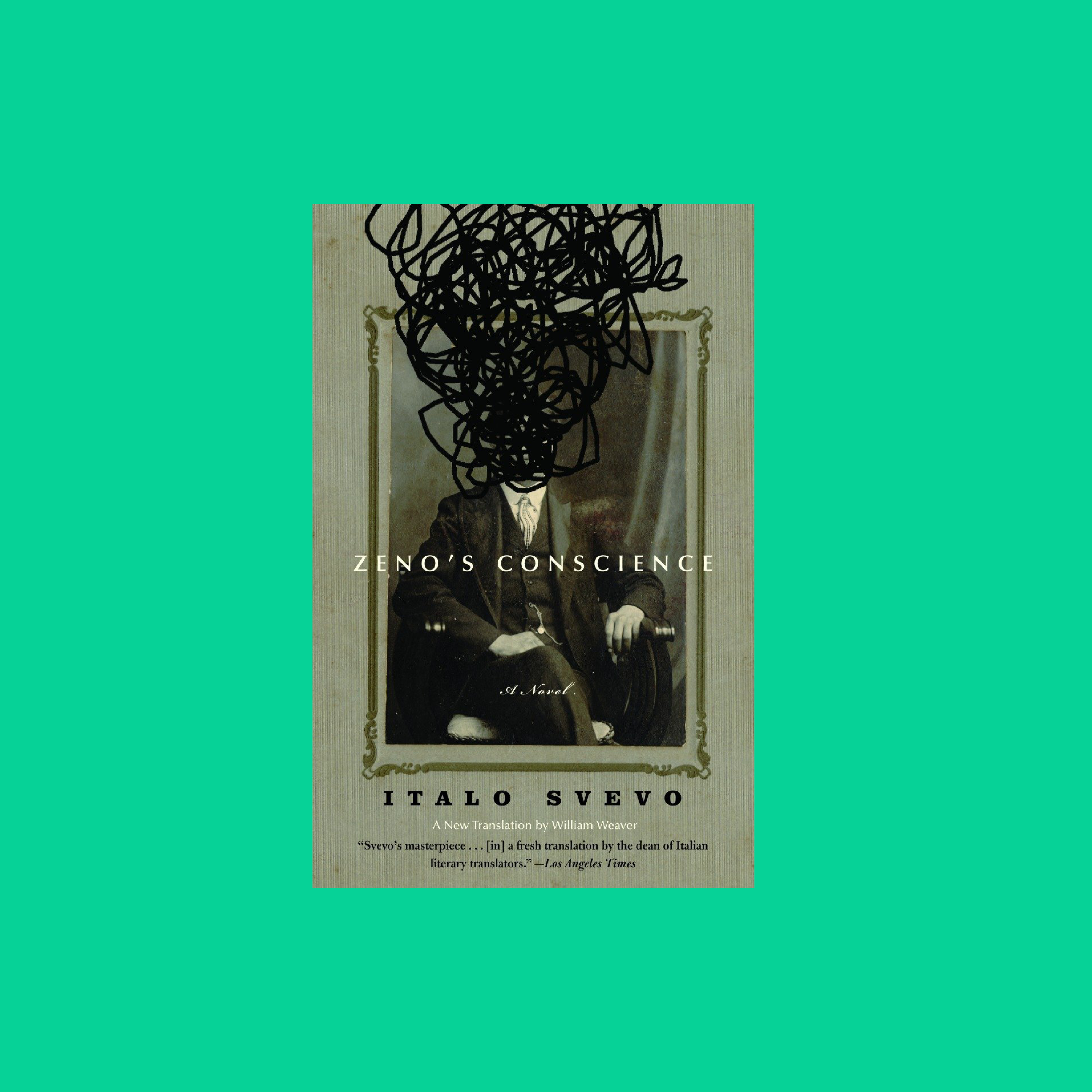APS TOGETHER
Day 3
Zeno’s Conscience by Italo Svevop. 37—p. 60 (end of “My Father’s Death”)
September 15, 2022 by Claire Messud
On the eve of his death, Zeno’s father laments that he can’t convey his life’s wisdom to his son: “Oh, how I would like that! I see into things; and I see what is right and true and also what isn’t.” But he will die without imparting his knowledge—and Zeno will remain convinced that “I could learn nothing from him.” Svevo captures life’s tragicomedy so lucidly; Zeno’s folly is comic, inevitable, and appalling all at once.
Of the doctor, Coprosich, who attends his father, Zeno observes that a physical “weakness…gave him importance”: his eyes, without his glasses, “had the curious look of the colorless eyes of a statue…unpleasant.” When he puts his glasses back on, he better resembles “a commonplace solid citizen.” We attribute much to physical appearance…
Coprosich’s ministrations prolong the old man’s life, and Zeno confesses that he felt resentment at the doctor and at himself, but also at his father, for continuing to live: “I now had to struggle to make him swallow his medicine…Struggle always produces resentment.” Perhaps this is why Zeno’s father’s dying act is to slap his son?
Religion, which Zeno has scoffed at, proves a solace—but only in secret. With others, “I continued to laugh at all religious practices.” He observes: “True religion, indeed, is that which does not have to be avowed in order to provide the solace that at times—if only rarely—you cannot do without.”
